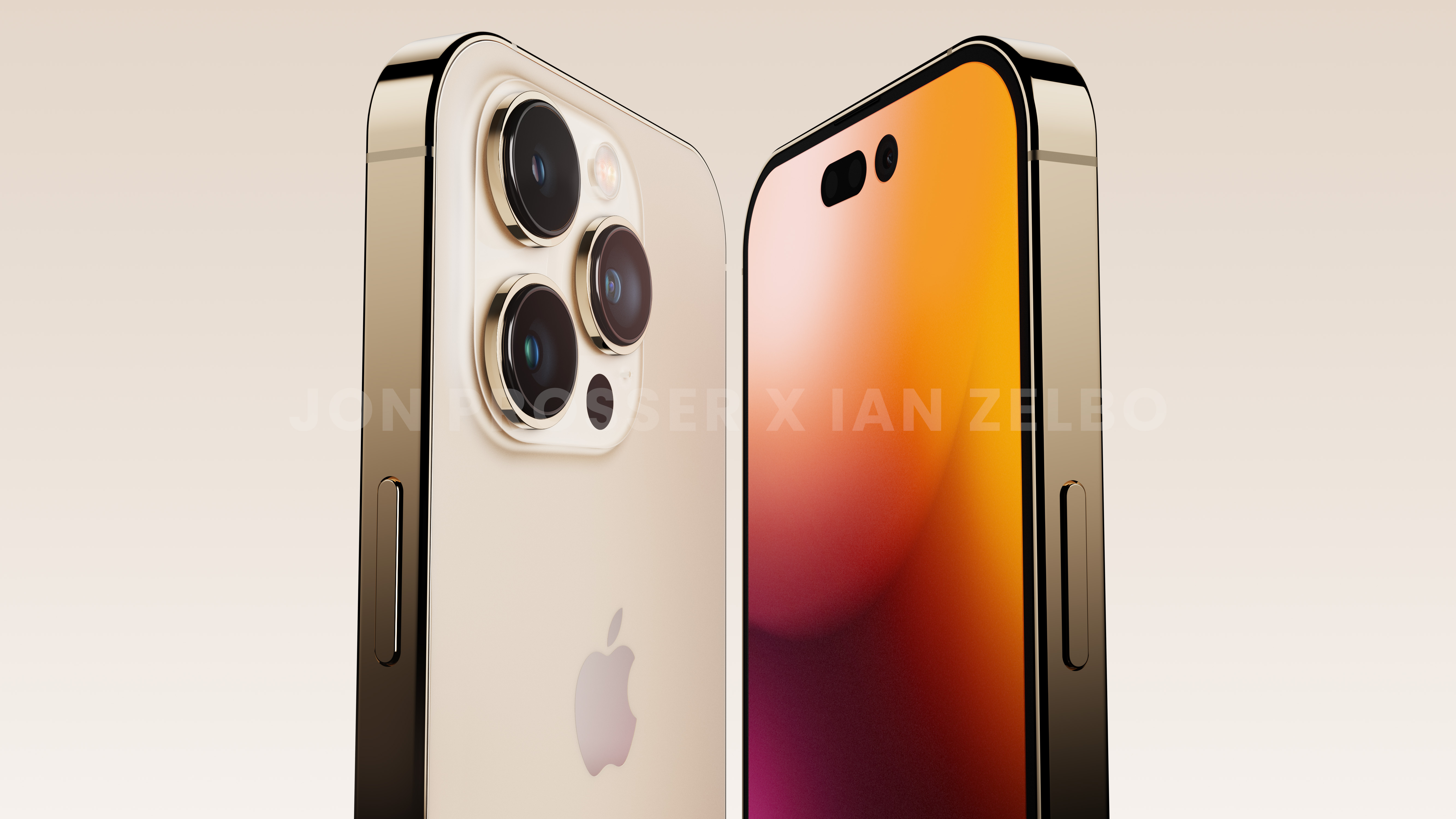iPhone 14 — analyst says camera lenses cracking as Apple switches suppliers
Apple has supposedly changed suppliers over quality control

Update: iPhone 14 is easier to repair — but we have bad news, too.
The iPhone 14 is likely just a couple of months away, and things in the production space are very probably heating up as Apple prepares to meet the inevitable demand. But things may not all be well in paradise.
According to renowned Apple analyst Ming-Chi Kuo on Twitter (via 9to5Mac), Apple has switched to a new supplier for the iPhone 14's camera lenses last minute. The current supplier, Genius, has allegedly run into issues with "coating-crack" on the lenses, which is a quality issue.
(1/2)One more quality issue. My latest survey indicates one of Genius's iPhone 14 rear lenses likely suffered from coating-crack (膜裂) quality issues. Apple had transferred about 10 million lens orders to Largan from Genius to avoid affecting iPhone 14 shipments. https://t.co/CsQtmHLZjyJuly 27, 2022
Kuo says that Apple has instead moved its order of 10 million units to another supplier, Largan. While this seems like Apple is up against the wall as far as timing goes, Kuo seems confident that Largan can meet the order in time. However, that doesn't mean that there won't be some supply issues when the iPhone 14 launches.
We don't think Apple will delay the iPhone 14, but this supposed supplier switch might cause inventory issues when the phone does come out. New iPhones are usually hard to come by at launch, but the iPhone 14 could be a little worse than the norm. We'll have to see.
Making sure that lenses are strong is surely important. You'd be surprised at how much of a beating they take in your day to day life. A cracked lens spells doom for your camera, so it's good that Apple is reportedly ensuring that it doesn't happen with your shiny new iPhone 14 — at least in regular use.
We expect the iPhone 14 and the rumored iPhone 14 Max (a 6.7-inch non-Pro iPhone that is believed to replace the mini series) will continue to use the same 12MP main and ultrawide sensors. However, rumors and leaks suggest that the iPhone 14 Pro and iPhone 14 Pro Max main cameras will get an upgrade to 48MP, which could level up the phones' capabilities in low-light scenarios.
Sign up to get the BEST of Tom's Guide direct to your inbox.
Get instant access to breaking news, the hottest reviews, great deals and helpful tips.
The front cameras on all four iPhone 14 models are expected to get a lower aperture (for letting in more light) and auto-focus for sharper selfies. Unfortunately, we haven't heard much about rumored zoom upgrades for the iPhone 14 Pro devices. In fact, a periscope zoom may not be offered until the iPhone 15.
Other leaks and rumors point to huge differences between the iPhone 14 vs iPhone 14 Pro. For example, only the Pro models are tipped to ditch the notch and feature an always-on display. And we've also heard that the regular iPhone 14 will stick with the existing A15 Bionic chip while the iPhone 14 Pro and Pro Max will jump to A16 Bionic and feature faster RAM.
Be sure to follow our iPhone 14 and iPhone 14 Pro hubs for all of the latest info as we get closer to the autumn.
Next: The iPhone 14 Pro's always-on display just leaked — and it beats everything else.

Jordan is the Phones Editor for Tom's Guide, covering all things phone-related. He's written about phones for over six years and plans to continue for a long while to come. He loves nothing more than relaxing in his home with a book, game, or his latest personal writing project. Jordan likes finding new things to dive into, from books and games to new mechanical keyboard switches and fun keycap sets. Outside of work, you can find him poring over open-source software and his studies.
-
Dave Haynie Largan makes most of the lenses for most of the smartphone industry. They're injection-molded plastic.Reply
And no, smartphone lenses don't take any abuse. You never get to touch the lens. Because they're molded of soft plastic, they're always protected behind a flat sheet of hard glass, sometimes sapphire glass.
Lens coatings that crack on their own would be a problem, of course. They probably use optical coatings on both lenses and the cover glass, but I imagine they source the cover glass from someone else, like maybe Corning, not the company building the lens. Apple does their own lens design these days but they need someone to manufacture it.
